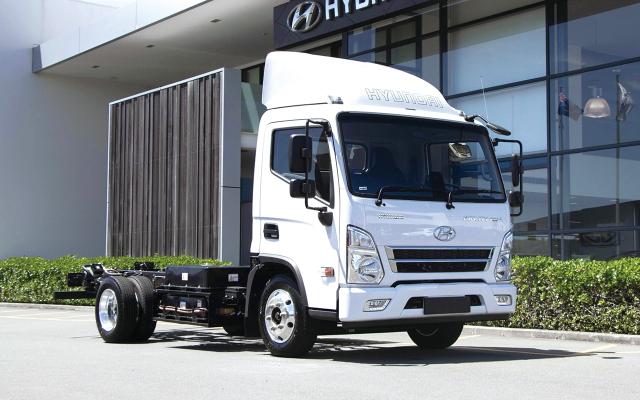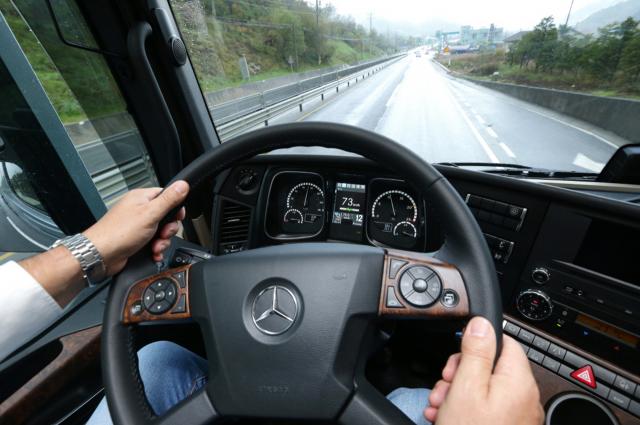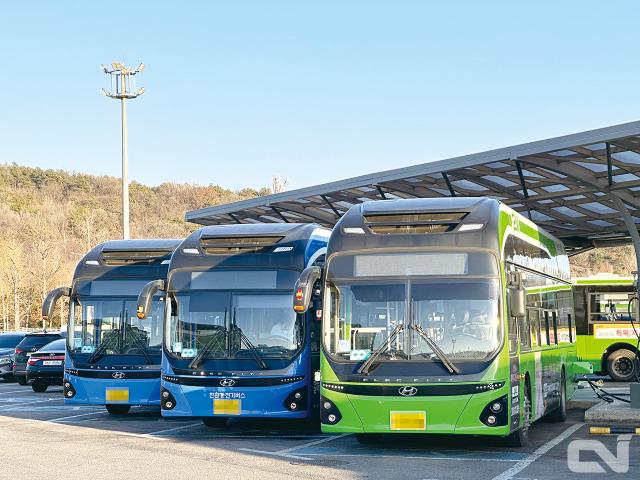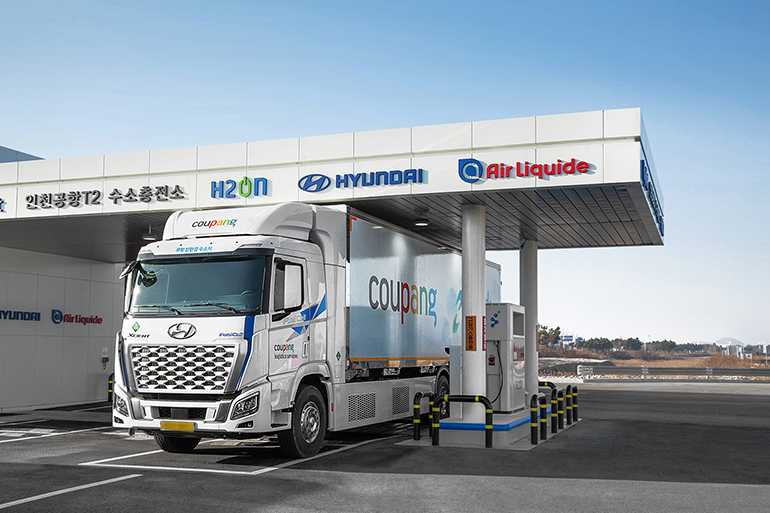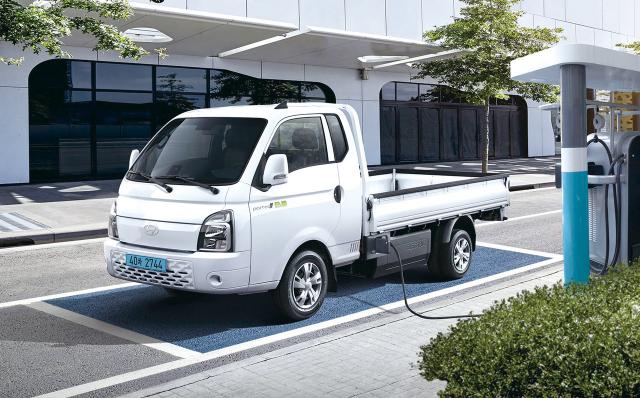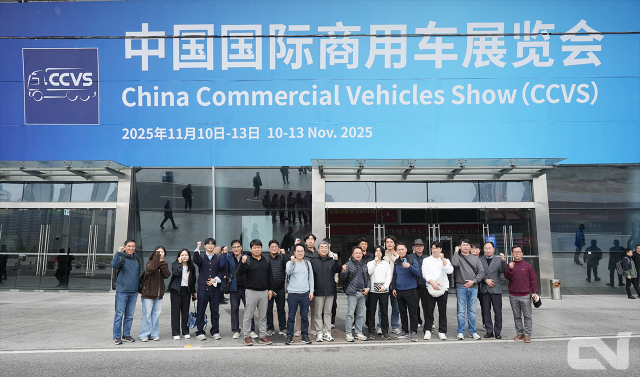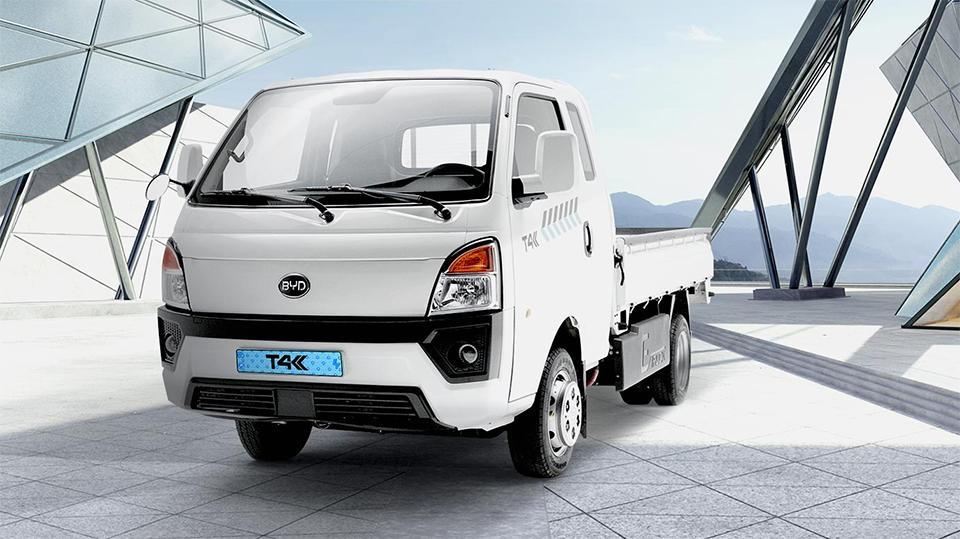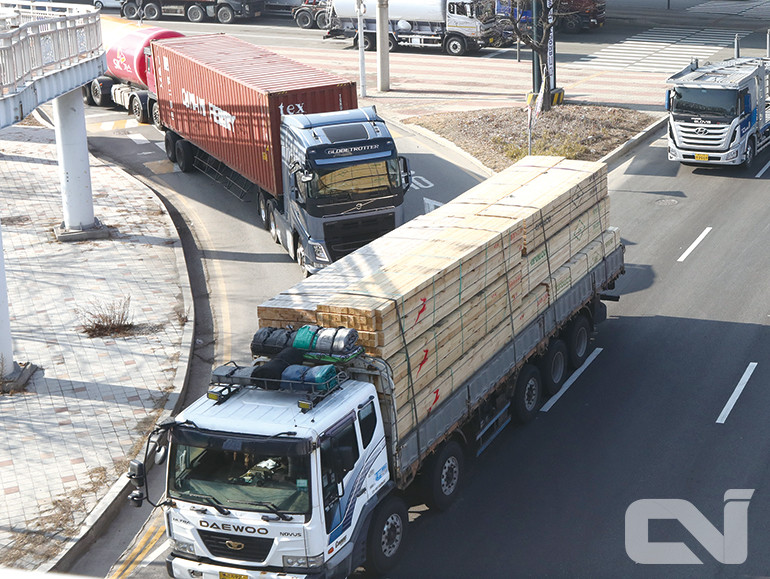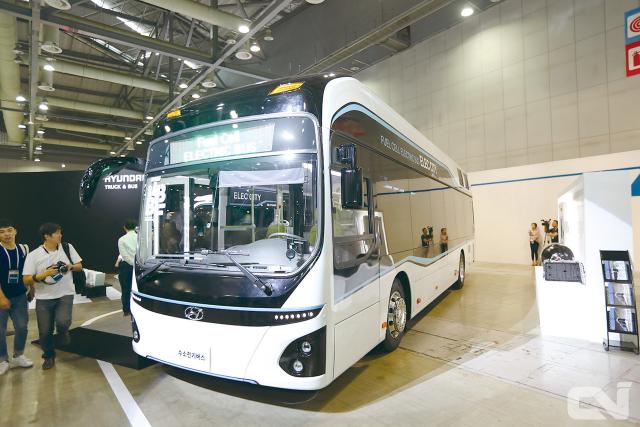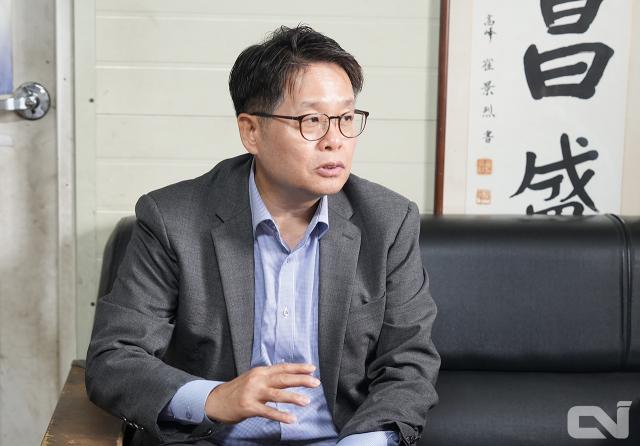-
 BRAND
BRAND
“Korea Is a Strategically Important Market for Allison...We Will Continue Driving New Growth Momentum with the 9-Speed Automatic Transmission”
-
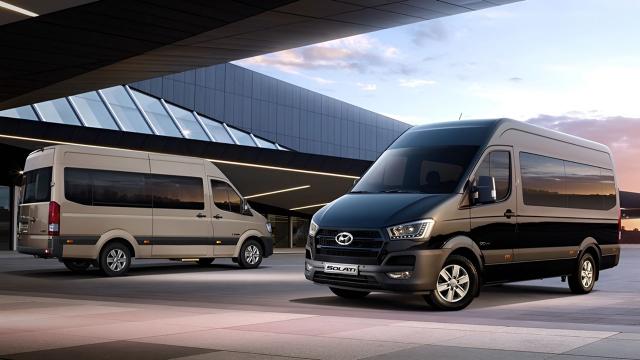 NEWS
NEWS
Hyundai Motor’s Solati Solidifies Its Dominance in Korea’s LCV Market
-
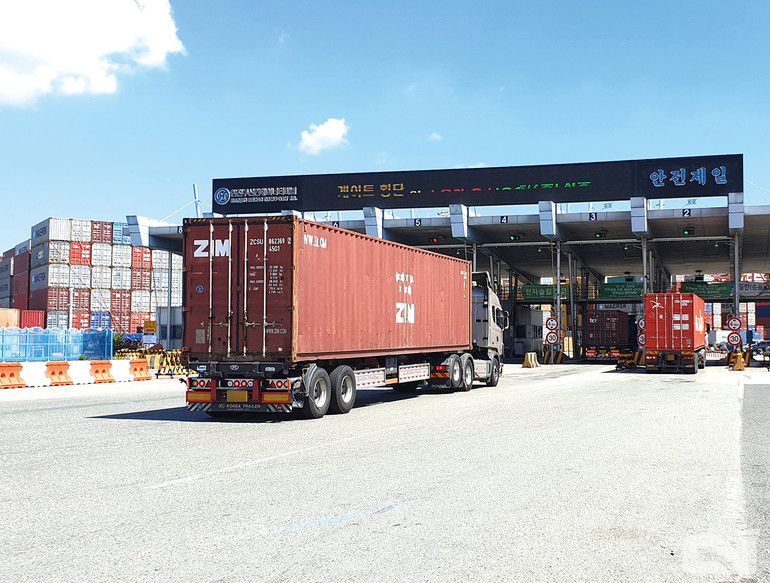 NEWS
NEWS
‘Safe Freight Rate System’ Reintroduced, Raising Expectations for Improved Freight Transport Conditions
-
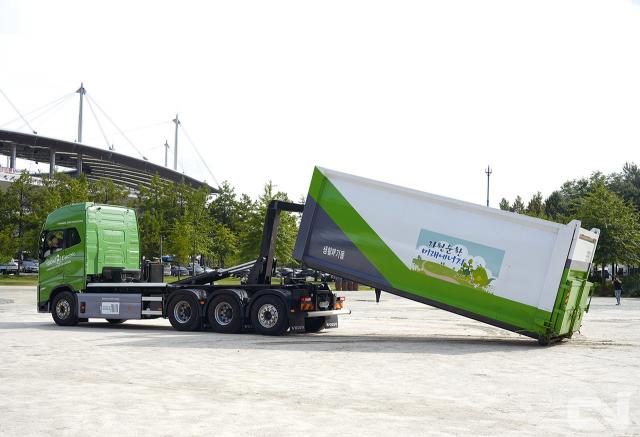 NEWS
NEWS
street-cleaning vehicle market Facing Zero-Emission Purchase Mandate requirement, “Transition Is Not Feasible”
-
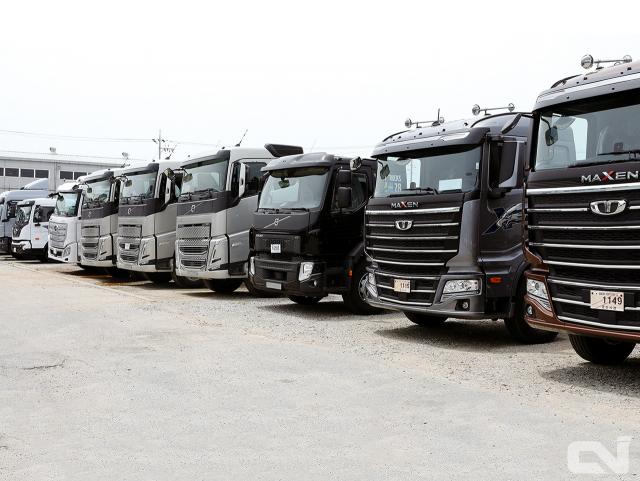 NEWS
NEWS
Korean Brands Gain Share in Medium and Heavy Duty Cargo and Dump Truck Market, Imported Tractors Hold Last Year’s Share
-
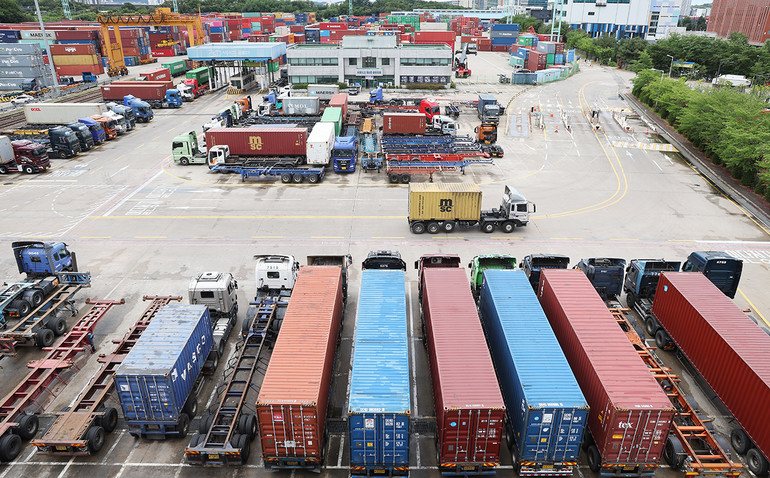 NEWS
NEWS
Reports of Safe Freight Rate Violations Surge, but Only 9% Lead to Fines, Raising Questions Over Effectiveness
-
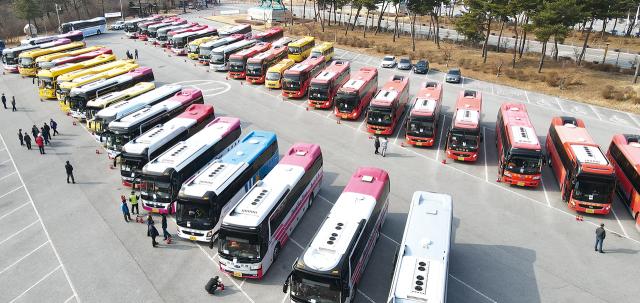 NEWS
NEWS
Eco-Friendly Blind Spot, High-Floor Diesel Buses Account for 79% of the Market
-
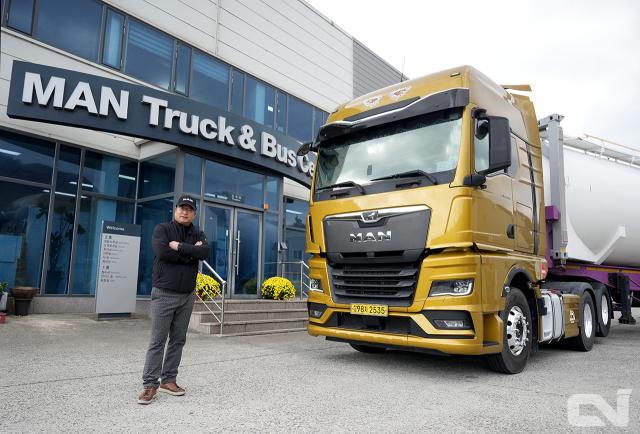 BRAND
BRAND
From 16 Years of Trust with the Old TGA Tractor to the TGX, “I can’t wait to experience all that MAN has developed with OptiView”


